Human Trafficking Involuntary Domestic Servitude
WHAT IS HUMAN TRAFFICKING?
Human trafficking is a serious crime and a grave violation of human rights. It is forcing a person to work against their will. Every year thousands of women, men, and kids enter the world of human trafficking. Abuse of power or position of vulnerability helps a person achieve having control over another person.
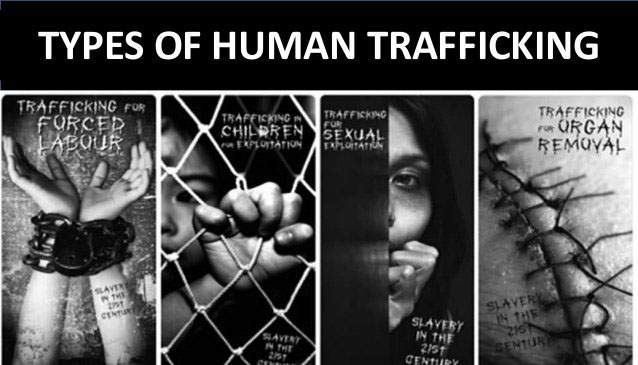
WHAT IS INVOLUNTARY DOMESTIC SERVITUDE?
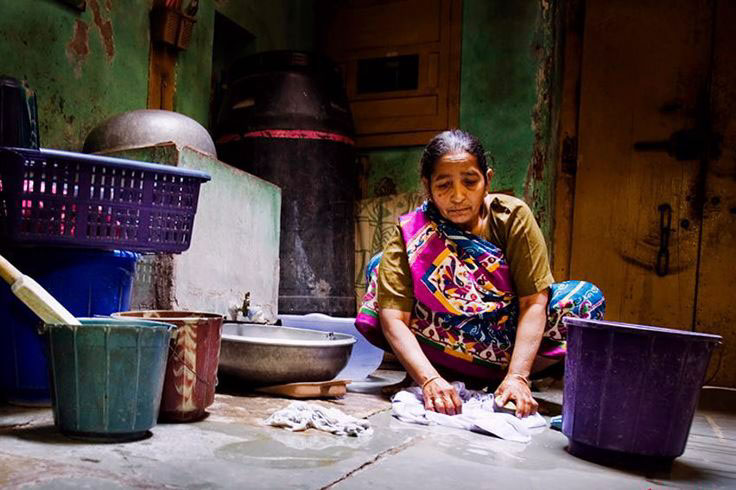
Involuntary domestic servitude is a form of bonded labor in which someone is forced to work. It also includes forcing marriage without the consent of one or both parties.
HOW DO HUMAN TRAFFICKERS RECRUIT THEIR VICTIMS?
When migrant workers reach a designated country, they are forced to work to pay their travel/recruitment fee. By offering their victims false promises, traffickers paint a picture for a better life, an educational opportunity, or marriage. Also, the lack of legal protection provides an enabling environment for slavery.
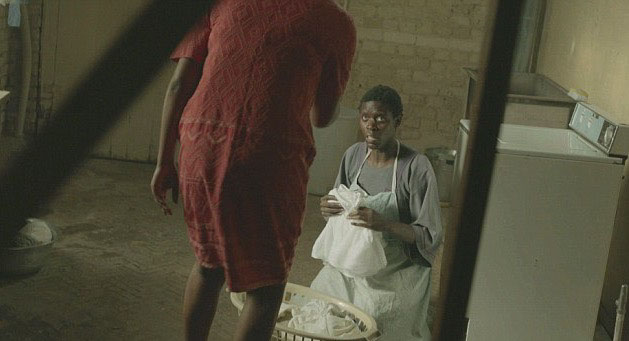
WHO BECOMES A VICTIM?
Anyone can become a victim of involuntary domestic servitude, but majority of the victims are women.
WHAT EFFECT DOES HUMAN TRAFFICKING HAVE ON THE VICTIMS?
Human trafficking impacts children's physical and emotional development. Children experience long punishing hours with heavy lifting, inhumane treatment, physical and sexual abuse, and are exposed to harmful chemicals. When a person is being trafficked they may be involved in abuse, confiscation of travel documents, no time off, isolation from the community and all family and friends, threats of harm, and deported as an undocumented immigrant.
WHERE IN THE WORLD DOES INVOLUNTARY DOMESTIC SERVITUDE OCCUR?
Involuntary domestic servitude occurs everywhere. It occurs in the United States, Asia, Africa, and Latin America.
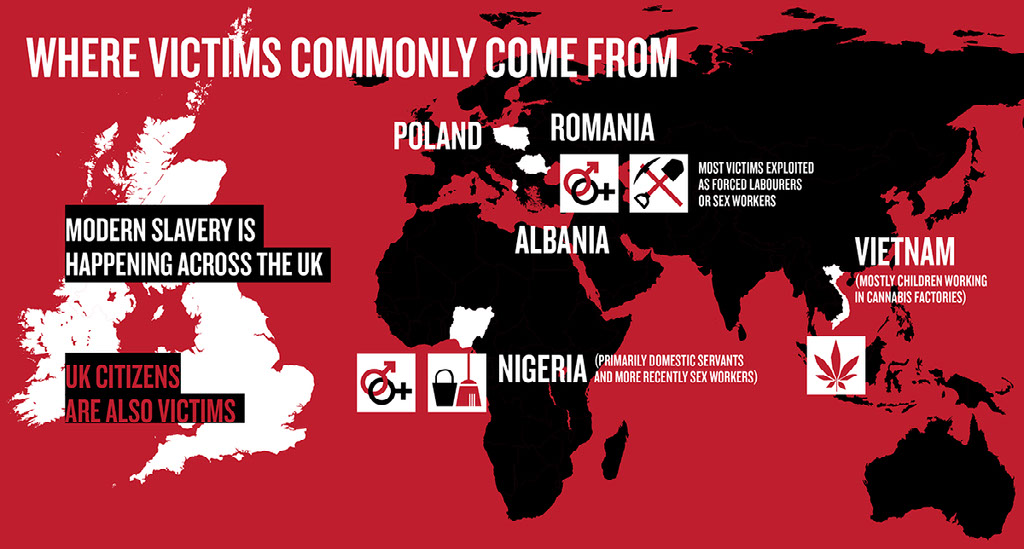
This pictures shows that some domestic servants are commonly found in Nigeria. Other victims are found in The UK, Vietman, Poland, Romania, and Albania.
DOES IT OCCUR IN THE UNITED STATES?
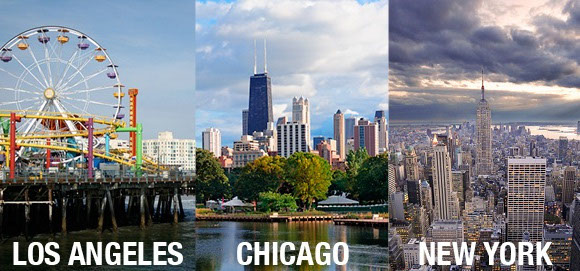
Yes, it occurs in the United States, mainly in New York City, Chicago, and Los Angeles. Domestic workers are also found here in San Jose, in the Silicon Valley. 41% of the workers in private households suffered violations of the minimum-wage law. 66.3% of child workers undergo the highest rate of their rights violated. 29.5% of the maids & housekeepers aren't being paid minimum wage. 17.5% of home health care workers encounter minimum wage violations.
WHAT LAWS DO COUNTRIES HAVE IN PLACE FOR HUMAN TRAFFICKING?
Cambodia has a law on suppression of kidnapping, trafficking, & exploitation of humans that criminalizes debt bondage, slavery, and forced child labor. The penalty for trafficking people under the age of 15 is 15-20 years of imprisonment, and the penalty for trafficking people over 15 years old is 10-14 years in prison. Indonesia passed a comprehensive anti-trafficking law that also criminalizes debt bondage, labor and sexual exploitation, and transnational & internal trafficking. The penalties range from 3-15 years of imprisonment. The Philippine Government increased the training and public awareness of trafficking for judicial officials, law enforcement personnel, local government units, and civil society groups. Additionally, they established 4 regional anti-trafficking task forces that include prosecutors, law enforcement agents, and social workers. They also have a 24-hour nationwide anti-trafficking hotline. Other countries attempt to prevent involuntary domestic servitude by banning the immigration of all women who are under a certain age.
WHAT LAWS DOES THE U.S. HAVE IN PLACE FOR THIS FORM OF HUMAN TRAFFICKING?
The Government of State has aggressively strengthened its policies regarding domestic workers, and any report of abuse is managed by a U.S. government employee. United States has a law called The Trafficking Victims Protection Act (TVPA) . TVPA enhances pre-existing criminal penalties, and affords new protection services to trafficking victims. In addition, they promote a policy of the "3 Ps".
1. Prosecution:
- Passing the appropriate laws that criminalize trafficking
- Jailing the abusers
2. Protection:
- Identifying the victims
- Providing victims with medical care & shelter
- Repatriating, sending them back to their country, them if it's necessary
3. Prevention:
- Raising awareness of the inhumane practices involved in the trafficking trade
WHAT ARE AT LEAST FOUR HUMAN RIGHTS THAT ARE VIOLATED WHEN A PERSON IS TRAFFICKED?
- No torture- Nobody has any right to mistreat us or to torture us
- No slavery- Nobody has any right to make us a slave. We cannot make anyone our slave.
- The right to life- We all have the right to life, where we live in freedom and safety.
- The right to education- Education is a right. Primary school should be free. We should learn about our country and its history.
SURVIVAL STORY: NATALIA-PROMISED AN EDUCATION, FORCED TO WORK
Natalia came to be trafficked because of fraud. She was born and raised in Ghana, where her family struggled to pay school fees. Because Natalia's parents wanted her to get the opportunity to an education, they allowed her to travel to the U.S. Shortly after she arrived, the father she lived with started physically and emotionally abusing her. For the next six years she was forced to do non-stop chores. One day Natalia was severely beaten and she found the opportunity to escape. A neighbor called the police and took her to a local hospital. The nurse then referred to Polaris New Jersey. Natalia was enrolled in school like she had desired. She is now volunteering at a local animal shelter and participating in poetry workshops.
WHAT DOES THE CATHOLIC CHURCH SAY ABOUT HUMAN TRAFFICKING?
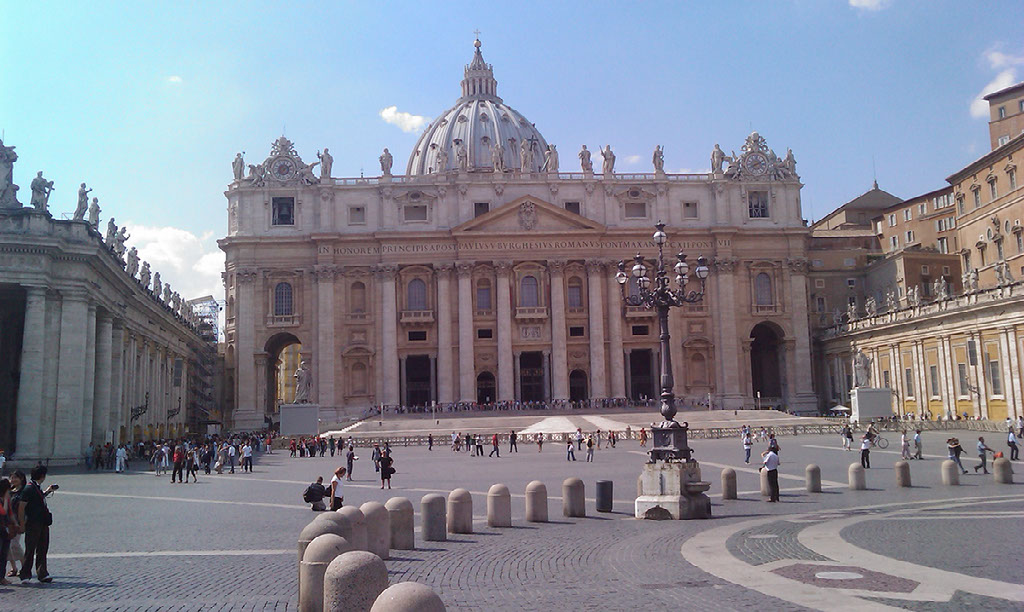
The catholic church believes that human trafficking violates the Seventh Commandment that forbids acts leading to the enslavement of human beings. Pope Francis has described human trafficking as a crime against humanity. As a community committed to Christ, we dedicate ourselves to make every effort to help those who have been victims and to help them regain their sense of dignity.
WHAT CAN WE DO ABOUT HUMAN TRAFFICKING?
We can say a daily prayer to pray for those who are victims of human trafficking. Also, we can educate others about human trafficking and tell them to contact the human trafficking task force (408) 537-1999 if they see a victim. Instead of using non slave-free drinks, we can consume fair trade coffee and tea. To help serve victims, we can volunteer at catholic charities agencies.
OUR SOURCES:
- Fightslaverynow.org
- No-trafficking.org
- State.gov
- Undc.org
- Unitedworkerscongress.org
- Human trafficking.org
- Endslaverynow.org
- Thegaurdian.com
- Ungift.org
- Traffickingresourcecenter.org
- Samaritanmag.com
- Onchr.org